The Art of Communication & The Power of Language
One of the things that has fascinated mankind since the beginning of time is communication. It is one of the things that seperates us from other spiecies, the ability to use advanced communication.
There are basically two important things for in relation to communication, the language and how we use it. Today there are so many platforms and arenas for communication that it has become more important how you say things than waht you say. To make your messagevheard in the great global information ocean. It id not simple and it is not easy. However, one thing is still crucial, you need a language to communicate. We need a common language to understand each other.
How to use it? It is an art of its own and I will expand on that another day. Today in this posting I will focus on the importance of langauge.
I am happy to come from a small country, a trading nation that always has treasured the use of different languages.
We have to learn other langauges early since there are only 12-13 million people in the world that speak Swedish.
Almost all Swedish people speaks at least one more language – normally English, and most people speaks two additional languages. In addition there are many people that speak three, four or even more languages.
If you travel Sweden you will have no problem finding somebody that speaks your language. Children with parents having more than one native langauge (maybe a mother from Chile and a father from Croatia) has a legal right to be offered to study also the additional langauges in ordinary public schools. This is in addition to Swedish and the generally offered langauges, today normally English, German, French, Spanish, Portugues, Russian and Mandarin.
Even refugees are offered free studies not only in Swedish but also their own home language.
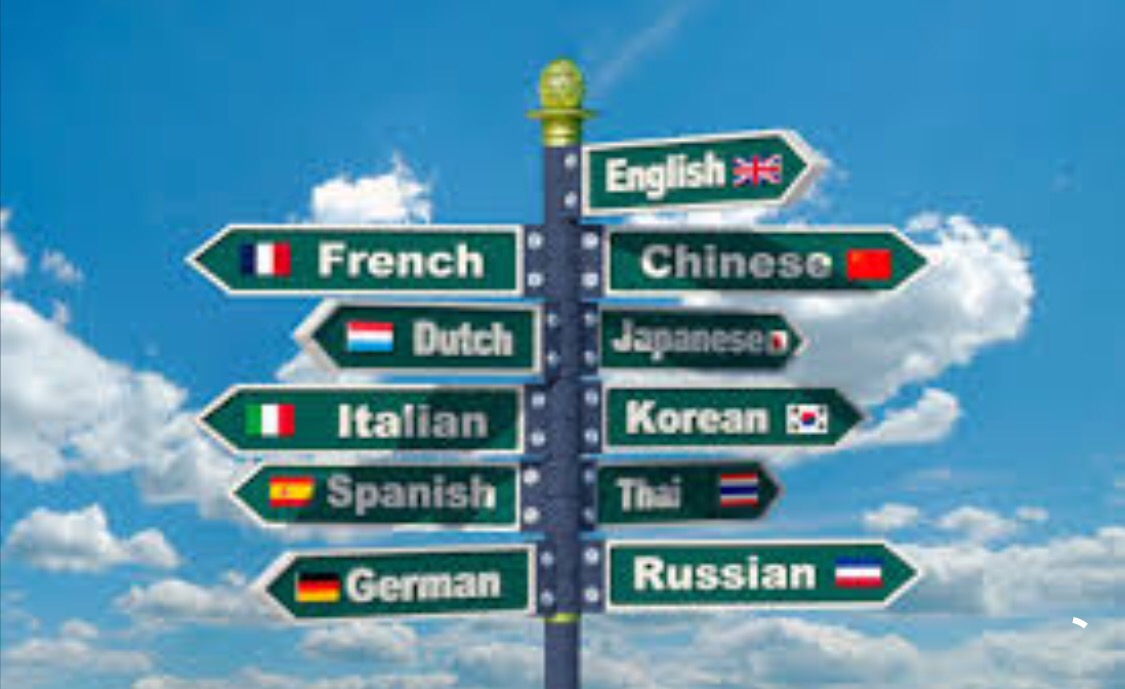
In public school today in Sweden our children starts reading a second language at the age of six, a third language at nine and then they can add on more languages during the obligatory twelve years of school studies. We also watch all TV and movies in original language, which is something many European countries don’t.
Having said that, language is getting more and more important in Europe in general.
The EU statistical bureau Eurostat has studied the use of languages in the European Union Memberstates. There is a report about this on the EU Commission website, very interesting reading.
The latest study shows that two-thirds of the population of European Union knows a second language other than the natove one. That is a really good number.
It is an amazing power for a person and for a country of people to be multilingual.
When we work with capacity building the ability to support in the language of the reciever is a key success criteria. I will give you an example.
There was a major change of the World Customs Organization that maybe hasn’t been so much talked about afterwards as it should, but that I personally think is one of the most successful things that we have verbdone – and that was the thenimplementation of the WCO Language Fund.
When I started my work as Director of Capacity Building inbthe WCO in 2006, I found out that there were several geographical areas where the organization was not present and/or active. An analysis showed that it had to do with the language challenge. WCO has two official langauges, English and French. But you can’t deliver capacity building in Latin America, CPLP, Central Asia or MENA in English or French. In fact my discussions with colleagues from these countries showed thst many of the Members didn’t even know about the capacity building services we offered in the WCO, due to the fact that they did not send any participants to our meetings because of the language barrier. So we had to change this and we did.
When I initiated the WCO Langaue Fund it became directly a success. I was also lucky that my home country, the Government of Sweden, agreed with our analysis of the importance of langauge when doing capacity building and Sweden was the first donor to the fund with a contribution of 1 million Euro. So the fund was implemented.
 We could then, offer interpretation and translation in a number of new languages (Arabic, Portugese, Russian and Spanish) at WCO meetings. We also initiated specific accreditation workshops for capacity building experts for these lanaguage groups, making it possible to deliver missions and workshops on all necessary langauges. We started to offer a number of our key capacity buidling and development programmes in other languages, like eg. the Leadership Development programme, the Fellowship programme and the e-learning programme.
We could then, offer interpretation and translation in a number of new languages (Arabic, Portugese, Russian and Spanish) at WCO meetings. We also initiated specific accreditation workshops for capacity building experts for these lanaguage groups, making it possible to deliver missions and workshops on all necessary langauges. We started to offer a number of our key capacity buidling and development programmes in other languages, like eg. the Leadership Development programme, the Fellowship programme and the e-learning programme.
This initiativ has fundamantally changed the WCO. Member countries send their best experts to meetings, instead of somebody that speaks English. Capacity Building missions are delivered on the recievers own langauge. Not always, but more than before. People in the entire Membership know about the WCO services.
Today we see so much more interest and participation from these regions in the SCO daily activities and thus has WCO Members as well as the international supply chain and global trade, been improved due to the language reform of the WCO. This is something I am very proud of. However, it is not enough. We need more.
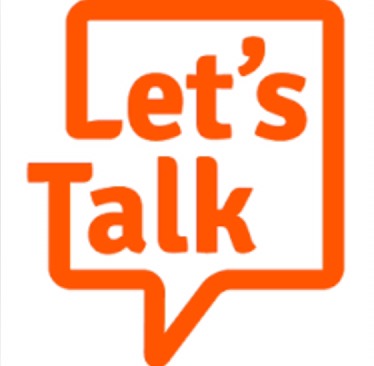
The next following decade the need for cooperation, global partnerships, more harmonization and standardization will increase tremendously and grow exponentially. We need to re-vitalize and further develop our work on communication and languages.
Communication is the key and without langauges, no communication.
The power of our langauge.
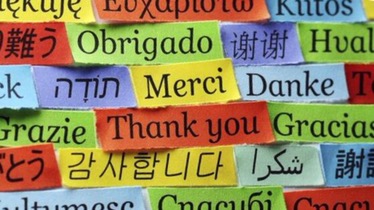
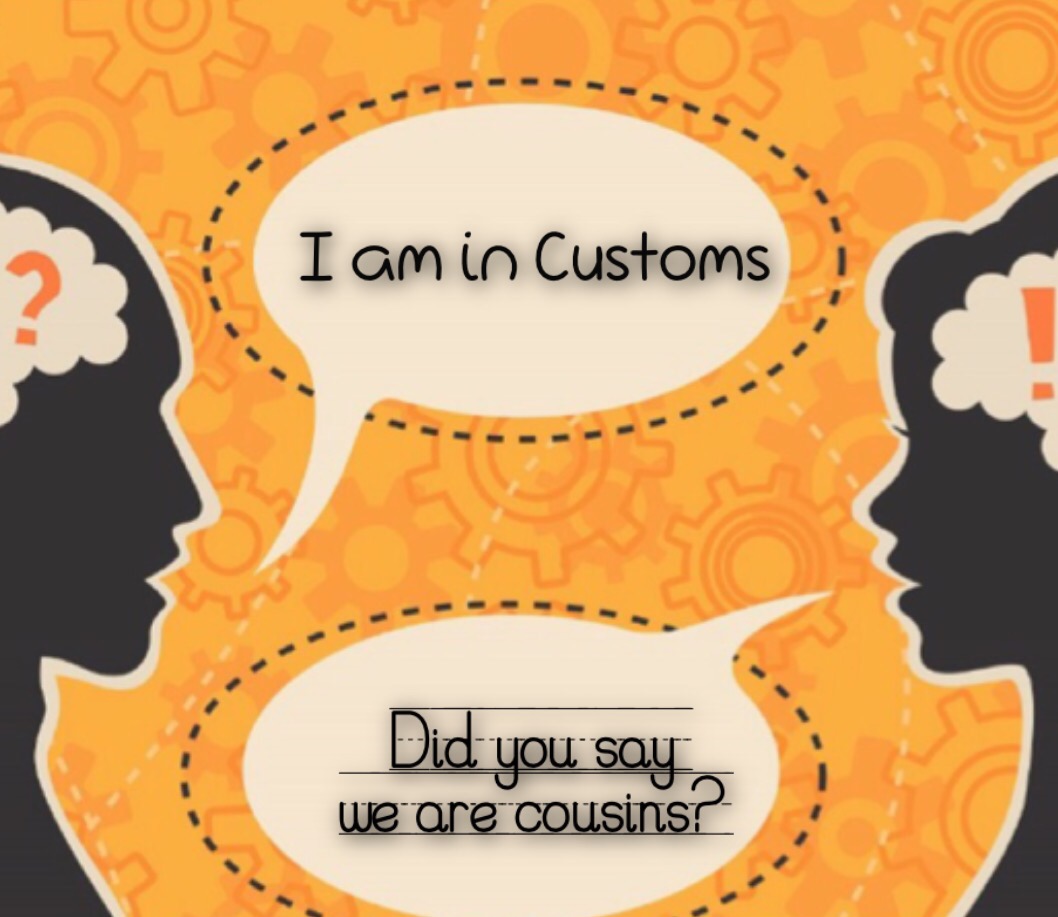
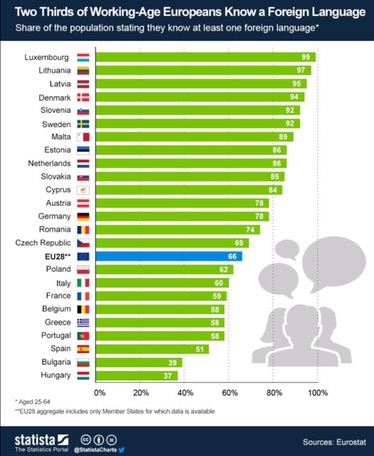
You must be logged in to post a comment.